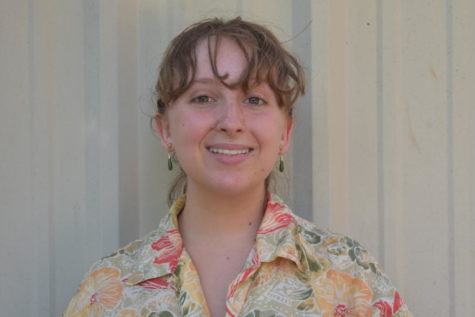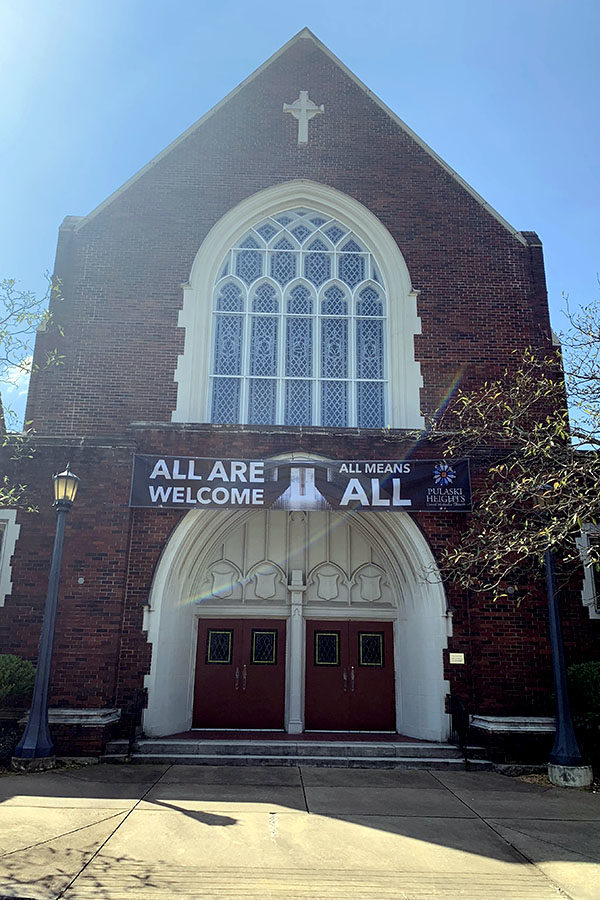Methodist Church Votes to Uphold Ban On Homosexuality
The third largest Christian denomination in the United States has voted to uphold its ban on gay marriage and gay clergy. Methodist Church delegates from all over the world met in the United States in late February to vote on the “Traditional Plan.” The Traditional Plan is a conservative plan that upholds the ban on gay marriage and gay clergy on the grounds that homosexuality is incompatible with the teachings of the Bible.
Acceptance of LGTBQ+ has divided the Methodist Church for years. With more progressive factions of the church located all over the world, there are still many conservative factions of the church who want to preserve the church through the Traditional Plan. Methodists are currently growing the most in Africa, where approximately one third of members live.
As voted on by the General Conference, clergy who officiate same sex marriages will be suspended for up to a year. If the offense is repeated, that clergyman will be defrocked.
There are upwards of 15 Methodist churches in Little Rock, and each accepted the news of the General Conference differently. Adam Kirby, who is a civics and comparative government teacher, and active member of the Democratic Party Faith Caucus, was gutted by the decisions made at the General Conference.
“As a person who teaches and studies political science and psychology, it became evident to me over ten years ago that the more conservative faction of our church was getting more organized in meaningful and powerful ways,” Kirby said.
Most of this growing conservative faction can be found in Africa, where the Traditional Plan closely aligns with cultural and theological views toward LGTBQ+. In most African countries, it is illegal to be gay. (amnesty.org.uk)
“As the fallout from this decision continues the moderate and liberal churches seem to be… finding their voice…. The beauty of the Methodist church is found in its use of scripture, tradition, experience, and reason to inform spiritual practices. With this decision, experience and reason are discarded for rigidity and strict legalism,” Kirby said.
Kirby’s position on the Democratic Faith Caucus has made him concerned about how this will cause more young people to distrust churches and religion.
“The Democratic Party Faith caucus will only suffer from this implosion as more young people turn away from the faith,” Kirby said. “My hope is that the caucus can create an atmosphere of love, acceptance, and grace that appeals to all people.”
Junior Lydia Schallenberg is active in her church’s Youth program and the Conference Council on Youth Ministries. Since the decision of the General Conference, she feels conflicted over whether or not she wants to belong to a church that has abandoned the LGTBQ+ community.
“The results of general conference have forced me to question my faith as well as my association with the church. The Traditionalist plan stands against everything I have been taught and choose to practice,” Lydia said.
Lydia is among thousands of young Methodists who showed their support for the “Young People’s Statement,” which implored the General Conference delegates to reconsider their veto of a proposal that was more accepting to the LGBTQ+ community. She thinks that this reflects the feelings that younger church members have towards LGBTQ+.
“The outcomes of the general conference do not reflect each individual church’s stance. I know my church’s congregation, pastors, and I would love to worship alongside anyone who feels a desire to explore the United Methodist faith regardless of gender, race, ethnicity, and sexual orientation,” Lydia said.





